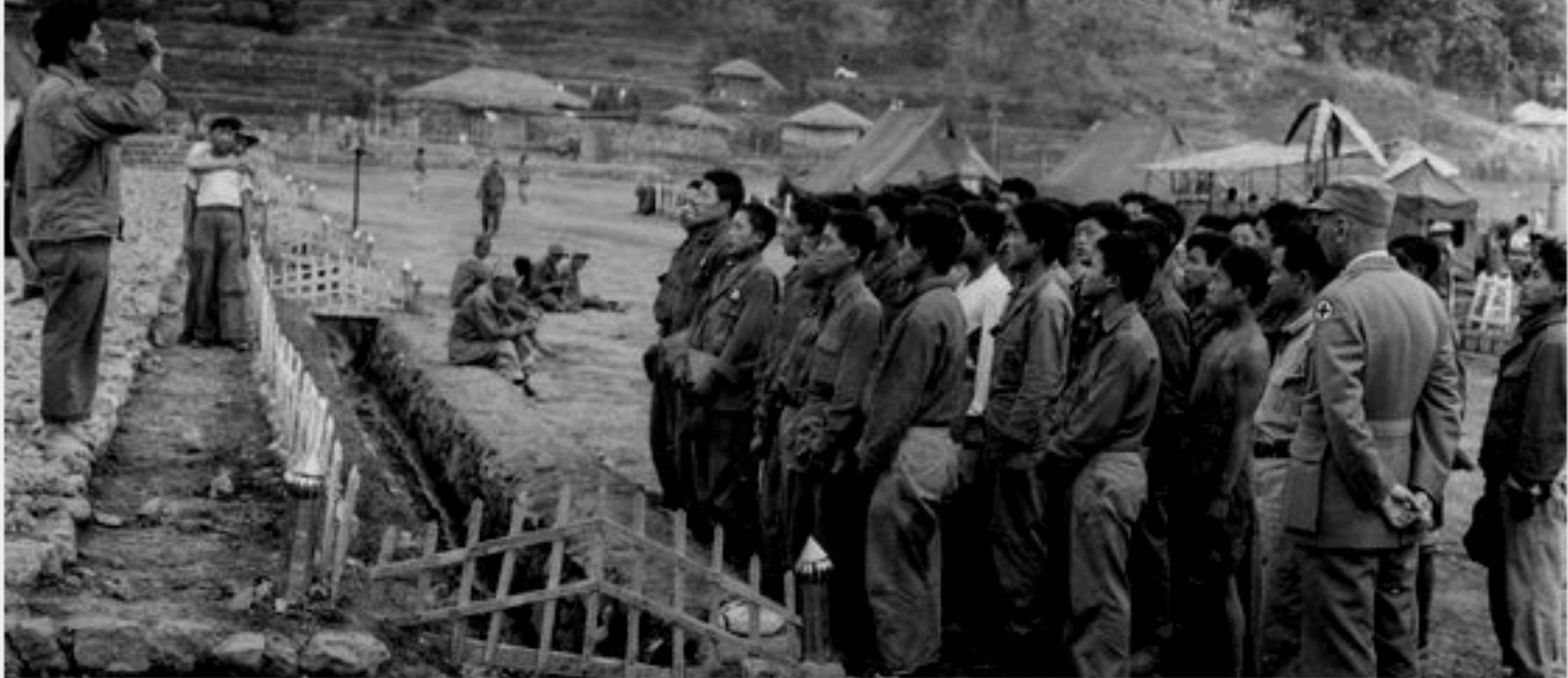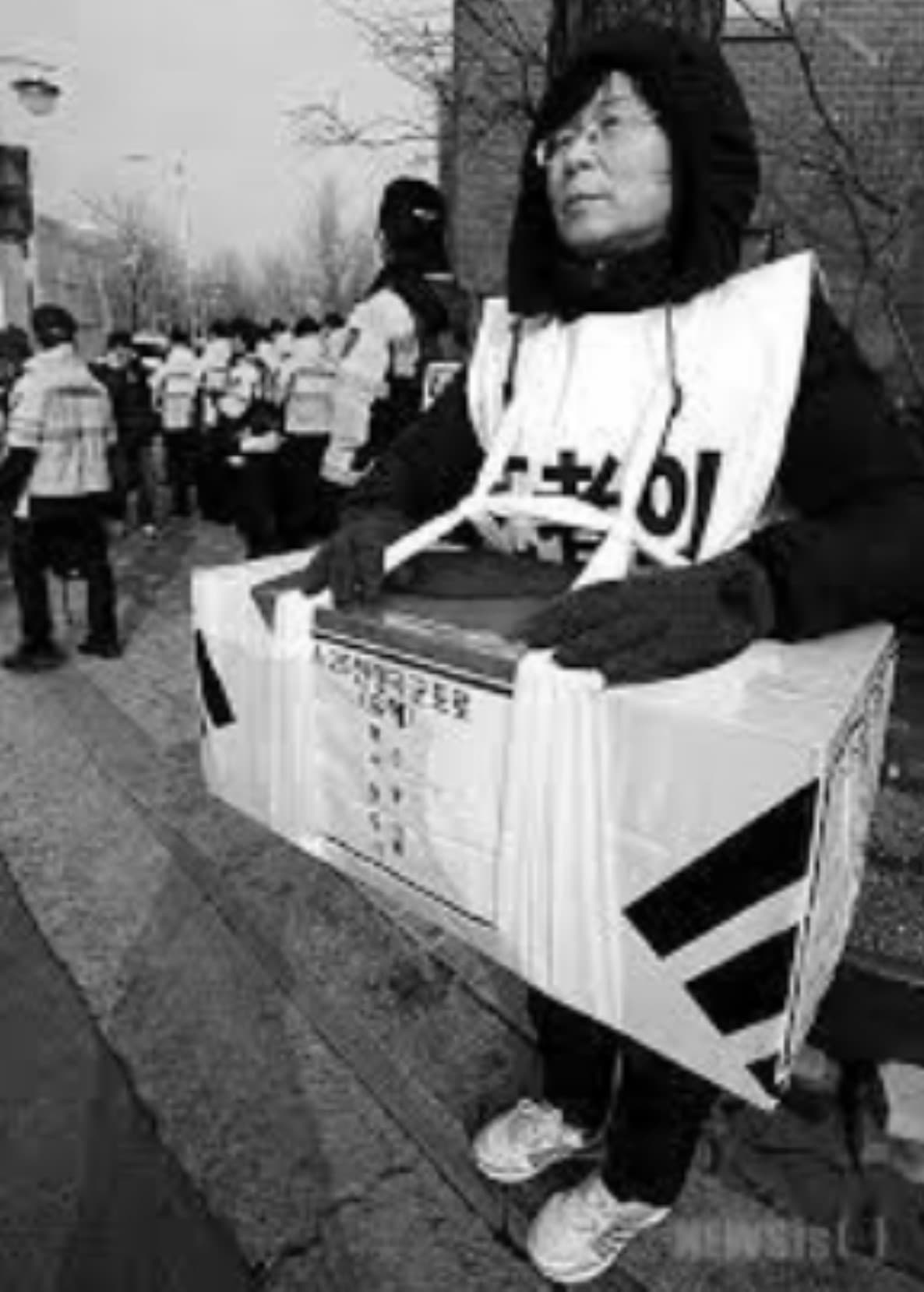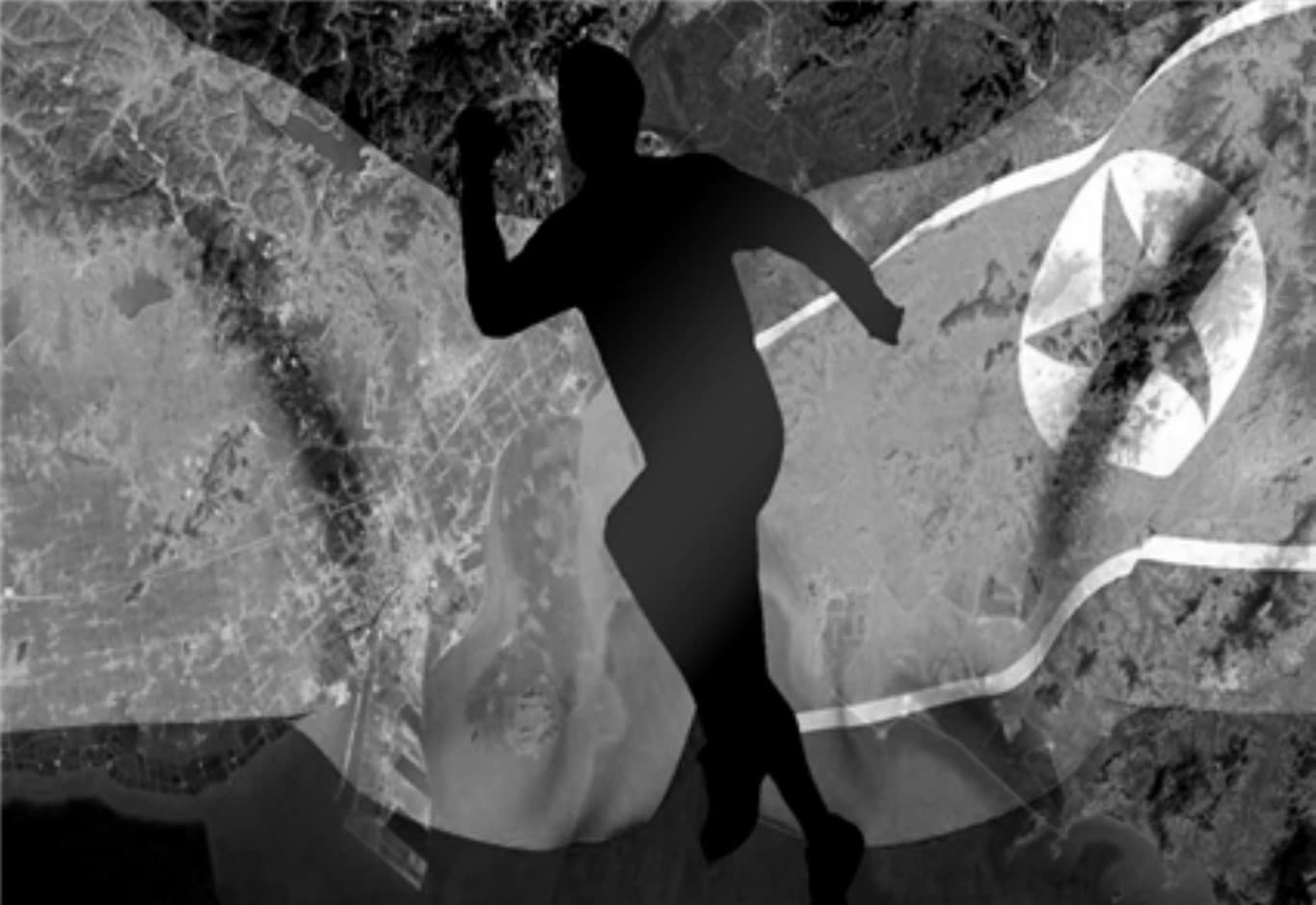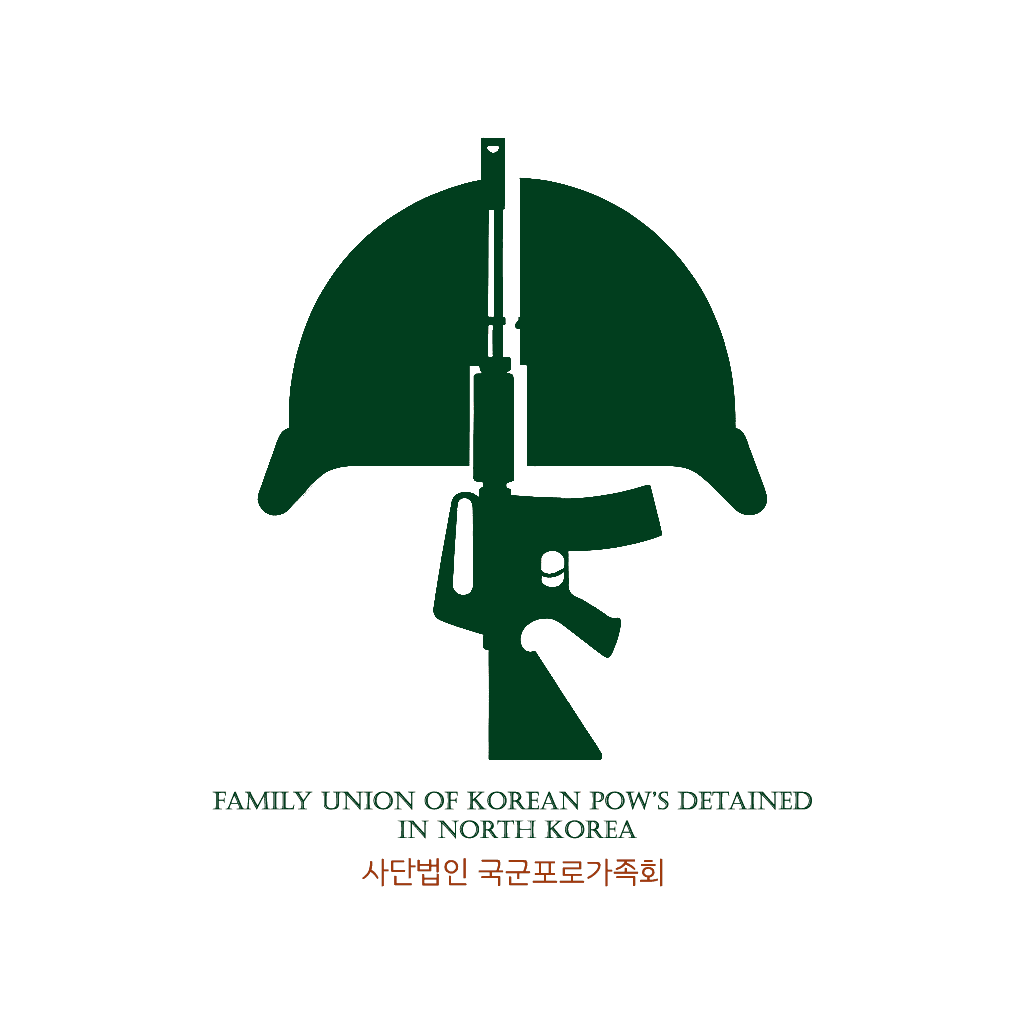Even after 70 years have passed since the Korean War, there are still people who cannot escape the pain of the war. There have been no cases where the government has treated or compensated the families of South Korean prisoners of war who were forcibly detained in North Korea as national veterans.
The children of South Korean prisoners of war, who risked their lives to escape from the human hell of North Korea, have come out in order to fulfill their father's last wish, even if it means seeing their hometown just once and closing their eyes. However, despite the results of their father's DNA test, they are not acknowledged as his offspring, and they live in an unjust reality where they are not even recognized by the National Veterans Affairs.
However, this issue goes beyond being a matter between South Korea and North Korea; it is a human rights issue that needs to be known globally. Therefore, the goal is to create and distribute a documentary film to raise awareness.

We have been advocating for the repatriation of South Korean prisoners of war held in North Korea, the return of escapees and their families to South Korea, livelihood support, compensation for the remains of deceased prisoners of war, legal reforms within the Ministry of National Defense, fair treatment of second-generation North Korean prisoners of war, practical engagement with North Korea for verification of survivors, and support for separated family reunions.
This underscores the tasks aimed at government recognition and support for the prisoners of war who were forcibly detained in North Korea and their families.
Their dedication is gradually fading with the passage of time, and their descendants are living a life of unacknowledged hardship, enduring poverty and discrimination, while receiving no assistance.

This documentary sheds light on the human rights situation of North Korean women, exposing the factors contributing to discrimination against them. Despite legal equality, North Korean women face discrimination in terms of their right to survival, economic opportunities, and family rights. Additionally, instances of human trafficking have increased since the famine.
North Korea's policies towards women and its patriarchal socialist nature significantly impact gender discrimination, and there is a lack of development in women's movements and feminist consciousness. Additionally, the state of educational rights in North Korea shows a stark disparity with domestic and international legal texts.
Particularly since the mid-1990s, economic difficulties have deteriorated the educational environment, posing a threat to the educational rights of young people.
We analyze the current state of educational rights for North Korean youth and propose improvements to the settlement support system for North Korean defectors to ensure their stable integration into South Korean society.

